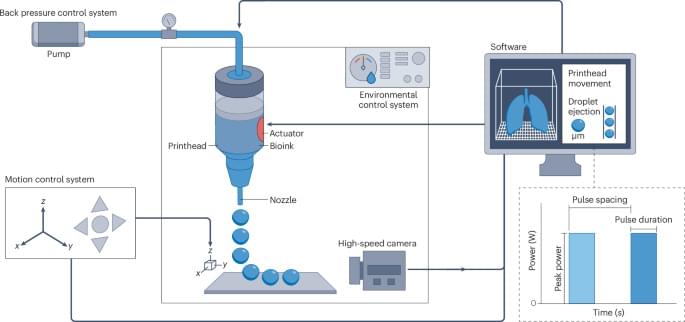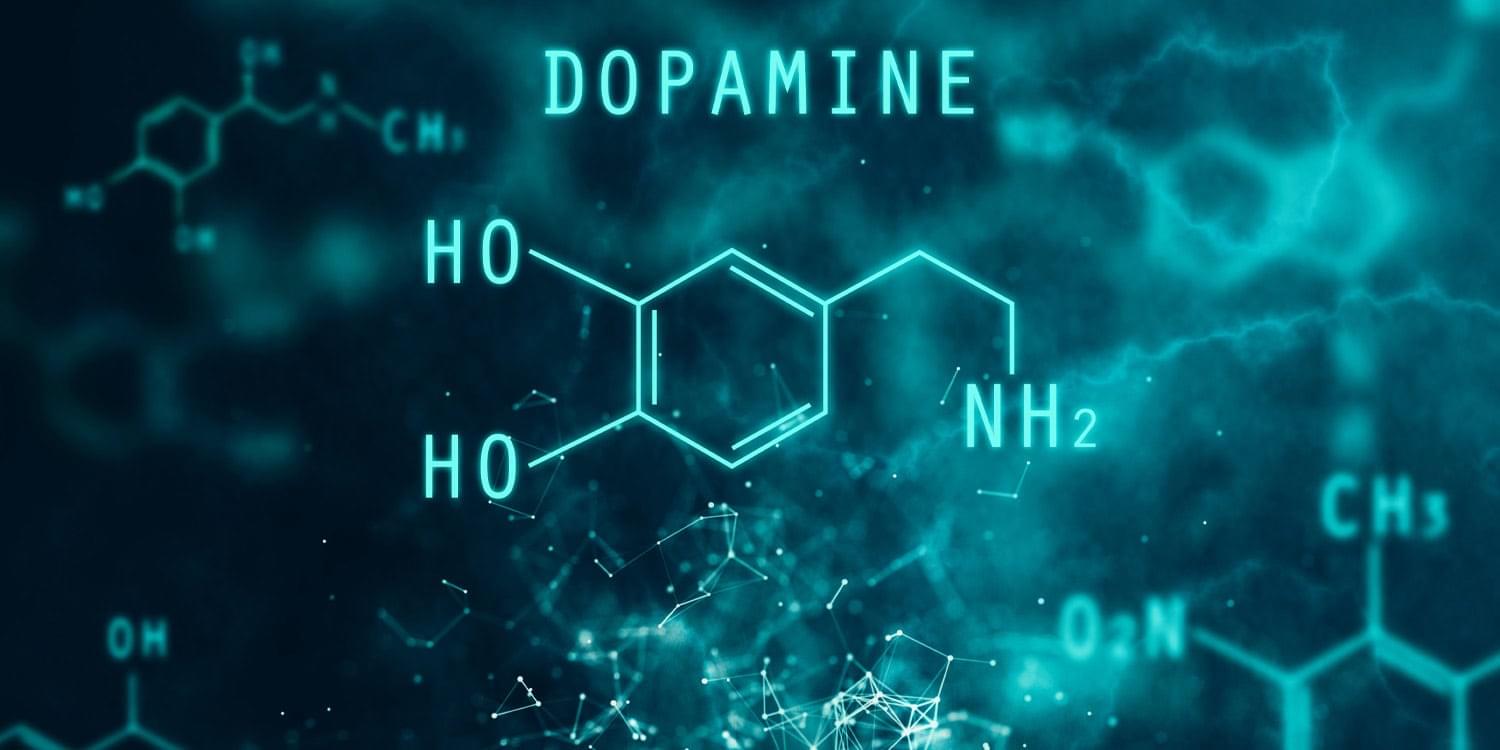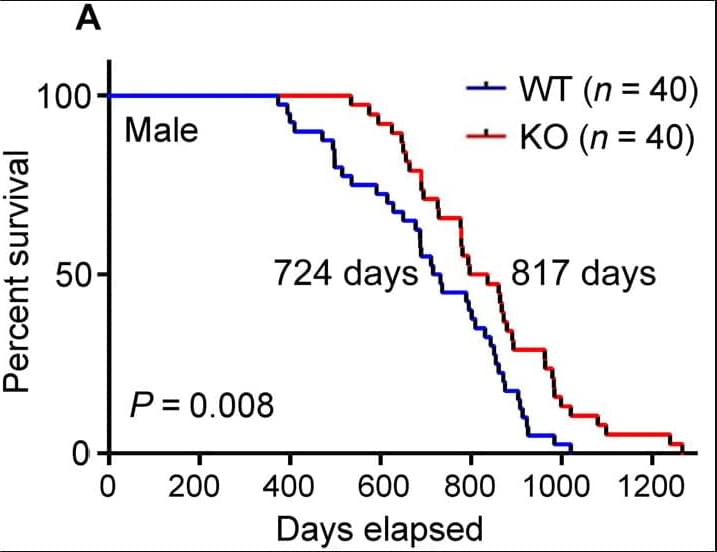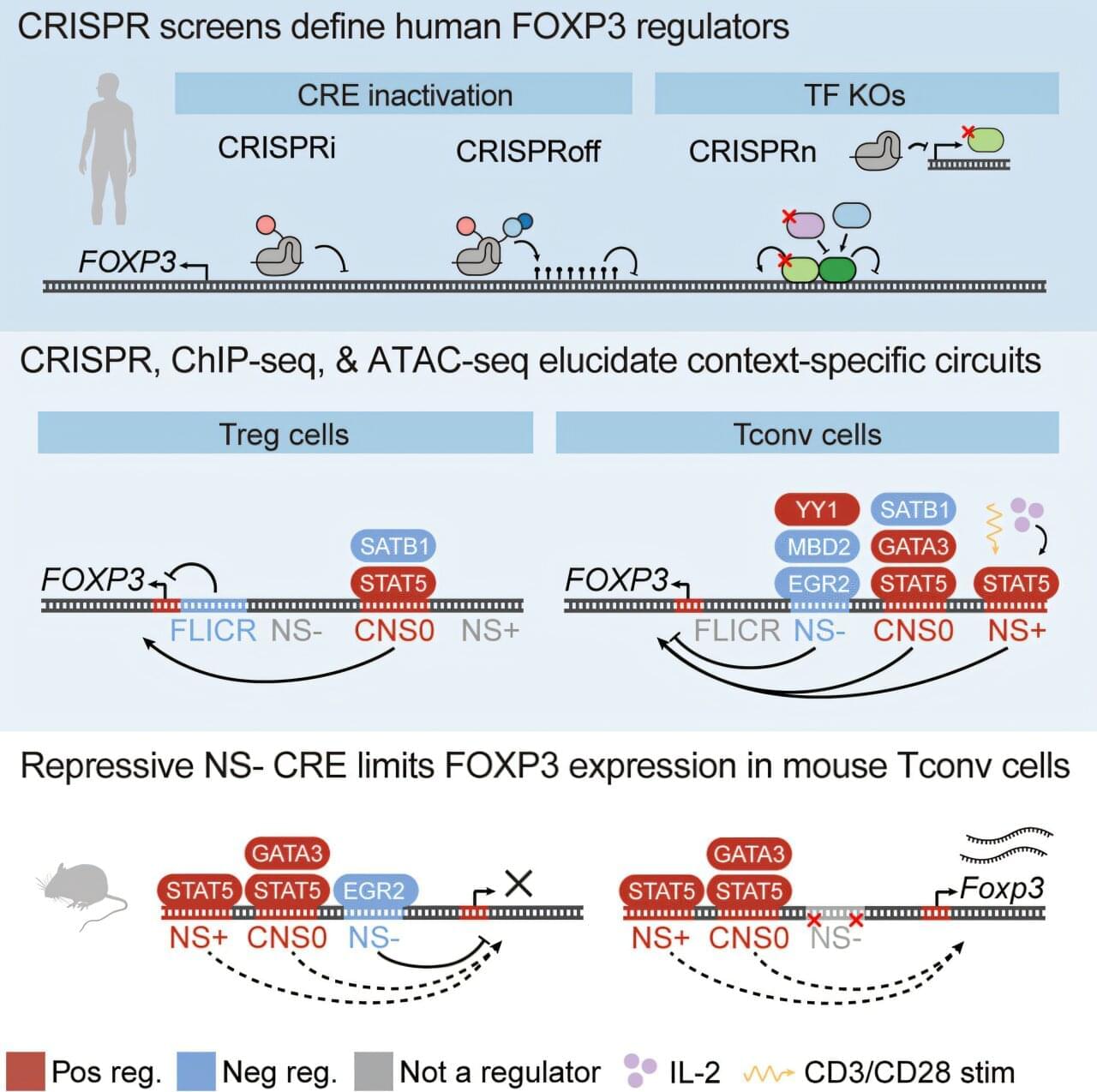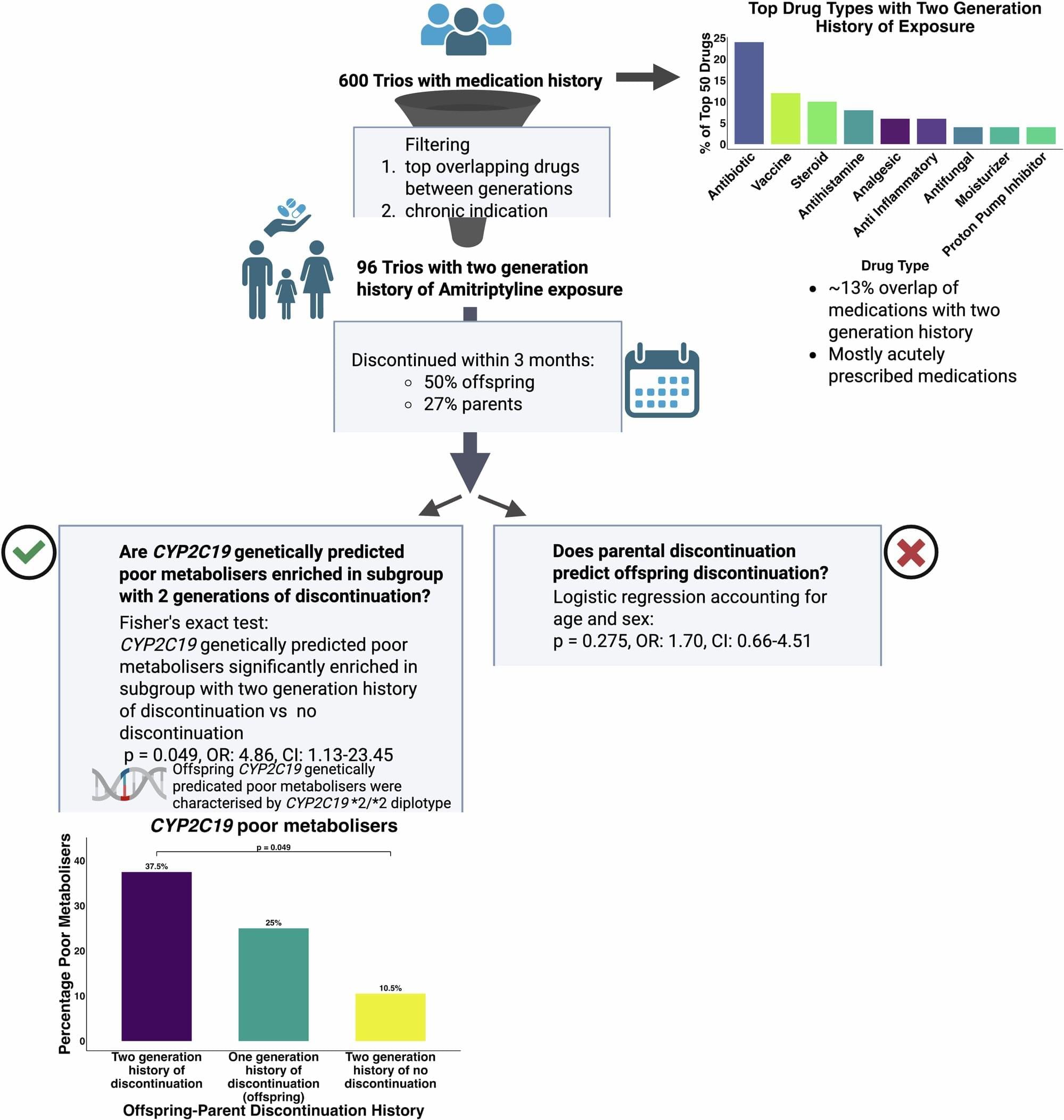Alcohol use disorder (AUD) is a highly prevalent disorder with limited therapeutic options. The central amygdala (CeA) is a critical brain region as dysregulation within the CeA and the corticotropin-releasing factor (CRF) system are associated with AUD pathology. CeA CRF1 receptors regulate alcohol drinking and have served as a therapeutic target in alcohol treatment. One emerging potential therapeutic for AUD is psilocybin. Psilocybin has been shown to decrease drinking in some clinical studies however the effects are variable and mechanisms underlying these effects are poorly understood. Psilocybin can engage many brain regions, including the CeA, and may produce therapeutic effects on drinking through interactions with CeA CRF1 neurons. The current study explores the effects of psilocin, the active metabolite of psilocybin, on voluntary ethanol drinking and CeA CRF1 activity to understand the potential mechanisms underlying the therapeutic effects of psilocin. Psilocin acutely decreased ethanol consumption in mice exposed to two different models of chronic ethanol exposure without producing changes in locomotor behavior. Psilocin increased CeA activation and decreased relative CRF1 activation in CeA sub-regions from ethanol-naïve female CRF1:GFP mice. These results were also observed in chronic ethanol-exposed mice at 24hr and 72hr withdrawal timepoints. Psilocin increased corticosterone at 24hr withdrawal but not at 72hr withdrawal. Collectively, these results demonstrate that psilocin engages CeA circuitry and decreases relative CRF1 activation, in parallel with acute reductions in drinking. These results contribute to our understanding of the mechanisms underlying the actions of psilocin and inform the interpretation of therapeutic effects in clinical studies.
Significance Statement Alcohol is one of the most commonly-used substances that dysregulates brain regions involved in emotional processing and stress. An important regulator of the stress response is the neuropeptide known as corticotropin releasing factor (CRF). Alcohol can dysregulate brain regions through the engagement of corticotropin releasing factor receptor 1 (CRF1)-containing neurons and thus promote continued alcohol use. Although alcohol use disorder (AUD) is a highly prevalent condition, few treatment options are available. Psilocybin, a psychedelic prodrug that is broken down into the active metabolite, psilocin, has emerged as a potential treatment for AUD in recent studies. The current study explores the effects of psilocin on alcohol drinking and central amygdala CRF1-containing neurons in female mice to better understand potential therapeutic mechanisms.

